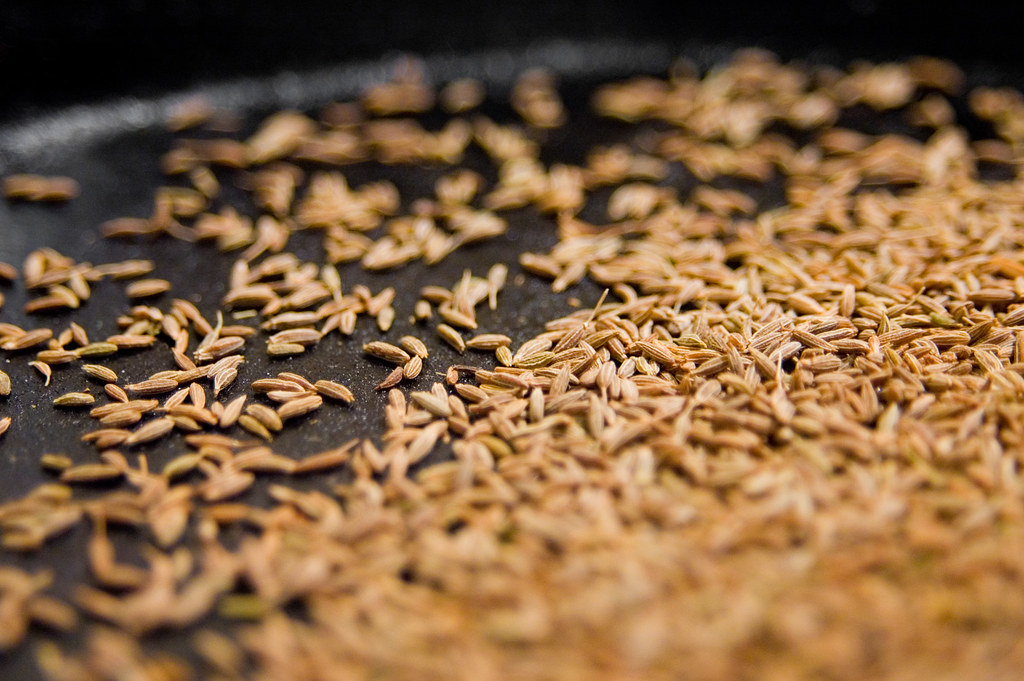
In the ever-expanding universe of health trends, alkaline water has surged to the forefront, promising a plethora of health benefits that range from enhanced hydration to longevity. But as we ride the wave of alkaline enthusiasm, it’s crucial to dive beneath the surface and explore what science says about these claims. This comprehensive exploration sifts through the effervescence of alkaline water to deliver a grounded perspective on its true impact on health and well-being.
Understanding Alkaline Water
Alkaline water boasts a higher pH level than its plain counterpart, attributed to the presence of alkalizing compounds such as calcium, potassium, and magnesium. While proponents tout its health benefits, skeptics point to the body’s robust ability to maintain pH balance, questioning the added value of alkalizing one’s hydration.
The Health Claims Unbottled
The allure of alkaline water is buoyed by claims that it can neutralize acid in the bloodstream, leading to a cascade of health benefits, including improved metabolism, increased energy, and a reduction in aging signs. Scientific studies on mice have shown promising results regarding longevity, yet the leap to human health benefits remains a topic of ongoing research.
Sipping Through the Science
Recent studies delve into the impact of alkaline water on human health, with some research suggesting potential benefits in digestive health improvement and associations with lower incidence rates of certain diseases. However, the body of evidence remains mixed, with many experts calling for more rigorous, long-scale studies to solidify these claims.
The Environmental Ripple
Beyond health, the consumption of alkaline water carries environmental implications, primarily when sourced from single-use plastic bottles. The eco-conscious consumer might consider home carbonation systems as a more sustainable alternative, offering the fizz without the footprint.
Practical Pours: Making Informed Choices
For those curious about incorporating alkaline water into their diet, consider starting with a balanced approach:
Quality Over Claims: Opt for naturally sourced alkaline water or reputable brands that avoid added sugars or artificial flavors.
Hydration Habits: Remember, the key to hydration is consistency. Whether alkaline or not, ensuring adequate daily water intake is paramount.
Dietary Balance: Incorporate a diet rich in alkalizing foods like fruits and vegetables to naturally balance your body’s pH.
Conclusion: Beyond the Bubble
Alkaline water, with its bubbles of health promises, invites both intrigue and skepticism. As we navigate the sea of hydration options, it’s essential to anchor our choices in both scientific evidence and environmental consideration. While the quest for the elixir of health continues, alkaline water serves as a reminder of the broader journey towards informed, health-conscious living. Whether it’s a splash or a wave in your health regimen, let curiosity lead the way, but let science be your compass.
10 FAQs for Trying Alkaline Water? Here’s What You Need to Know!
What makes water “alkaline”?
Alkaline water has a higher pH level than regular drinking water, typically above 7, due to its mineral content like calcium, potassium, and magnesium, which can neutralize acidity in the body.
Are there real health benefits to drinking alkaline water?
While proponents claim benefits ranging from improved hydration to disease prevention, scientific evidence supporting these claims is limited. Some studies suggest potential hydration and acid-reflux benefits, but more research is needed.
Can alkaline water harm you?
For most people, drinking alkaline water is safe. However, an excessively high pH can disrupt the body’s natural acid-base balance if consumed in large amounts over time.
Is alkaline water better for hydration than regular water?
Some small studies suggest alkaline water may hydrate better than regular water, but the difference is not significant for most healthy individuals.
How can I make water alkaline at home?
You can make alkaline water by adding baking soda, lemon, or pH drops to regular water, or by using a water ionizer machine.
Does alkaline water taste different?
Many people report a smoother and sweeter taste compared to regular tap water, due to its mineral content.
Can I cook with alkaline water?
Yes, you can cook with alkaline water, but it may slightly alter the taste of your food due to its mineral content.
How does alkaline water affect the body’s pH level?
The body tightly regulates its pH balance, and drinking alkaline water has a minimal impact on overall body pH. The stomach’s acidity can neutralize alkaline substances.
Is bottled alkaline water better than tap or filtered water?
Bottled alkaline water offers convenience and ensures alkalinity levels, but tap or filtered water is more environmentally friendly and cost-effective for daily hydration.
Where can I buy alkaline water?
Alkaline water is available in many grocery stores, health food stores, or online. Look for brands with transparent labelling about pH levels and mineral content.
Blog Tags
alkaline water, health benefits, hydration, pH balance, home remedies, water ionizer, cooking with alkaline water, bottled vs tap water, scientific evidence, daily intake













